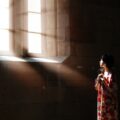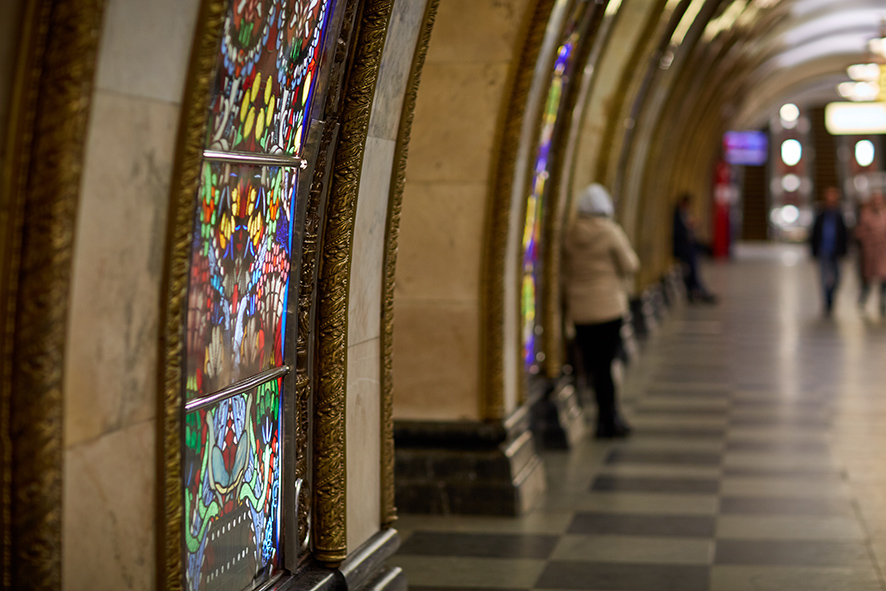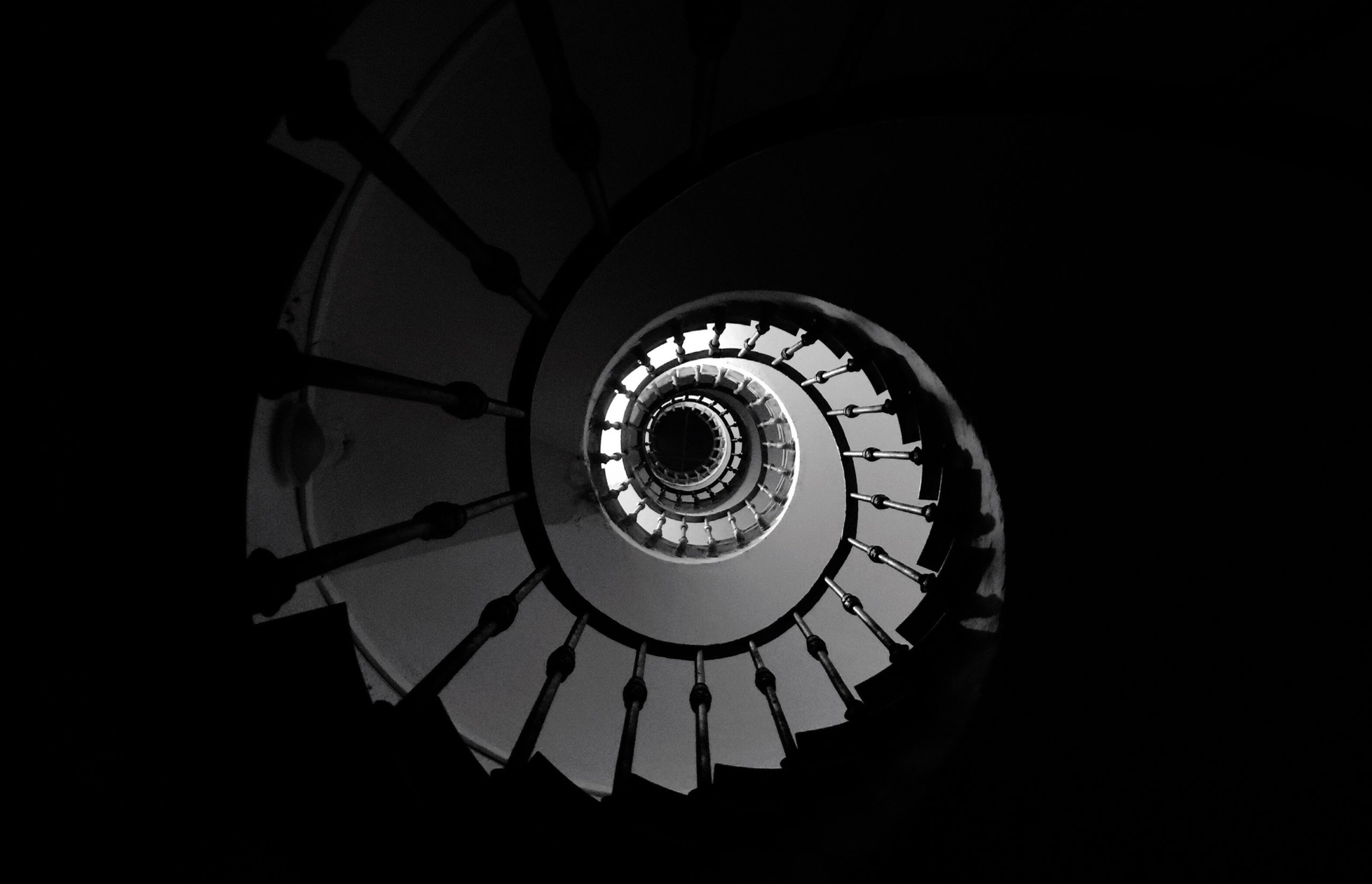Let’s talk about Christian women’s legacy
Let’s talk about Christian women’s legacy
In French, there is a new word to talk about women’s heritage: matrimoine. Because of its etymology, the word patrimoine (from patrimonium, which literally means “father’s inheritance”) excludes women and the theoretical possibility for women to pass down knowledge, objects, or buildings. As a result, women in France have begun to research all female legacies we do not talk about, such as the work of unknown female artists or writers. For their research, they use the word matrimoine (from mater – mother – in Latin).[1]
This new category of research is defined as “the memory of the women creators of the past and the transmission of their works … Equality between women and men requires a valorisation of women’s heritage. From then on, patrimoine and matrimoine will together constitute our common, mixed and egalitarian cultural legacy.”[2] Recently, Christian women’s associations have become increasingly interested in this new field and are beginning to learn about their own heritage.
What can be done on a theoretical level
To think of a specifically feminine legacy is to set out in search of a history of which there are few traces and which has often suffered from a condescending look on the part of religious institutions. For example, Christian female mystics, also referred to as Beguines, were regularly mocked, considered bad theologians, and even burned for their work.[3]
Rather than talking about subjects that have often been dismissed by historians of Christianity, these new historians have to start looking for new sources. One way is to search for oral sources. In fact, women who did not live in religious orders or belong to the high aristocracy often did not know how to write. As a result, they left few traces. Consequently, historians must try to meet people who can tell them more about the role of their mothers and grandmothers. This approach is called “oral history.”[4] These oral traditions provide an interesting and insightful look into the spirituality of women and their role in the transmission of Christian knowledge.[5]
Another way to understand the role of women without using written sources is to study more pictorial sources. Indeed, by looking at images from different eras, one can also recognise the roles that were assigned to women and the place they were given in society.[6]
What can be done on a practical level
Today, film screenings and lectures are organised to enable Christian women to learn more about their matrimoine. The “collectif adelphe” in Paris, for example, organises conferences on the history of French-speaking Catholic feminism.[7]
After the first stage of research, many hope that this new knowledge will find its way into school curricula. Indeed, women are also petitioning for students to learn more about the names of great female theologians from antiquity to the present day. They hope that more women will be inspired by their matrimoine to pursue theological studies, and perhaps one day leave their own legacy.[8]
To all news items on this website ->
Would you like to learn more about related topics? Create an account on the EARS Dashboard for free weekly updates.
[1] Etymology Patrimoine (French)
[2] What is Matrimoine? (French)
[3] Marguerite Porete, a famous Beguine
[4] Oral History: Defined
[5] Women in the middle ages
[6] Portrayal Of Women In The Visual Arts Throughout The Ages
[7] Collectif Adelphe
[8] 10 Women Theologians You Should Be Reading





